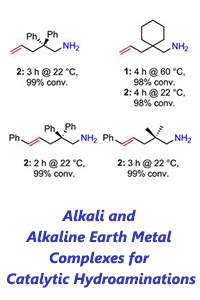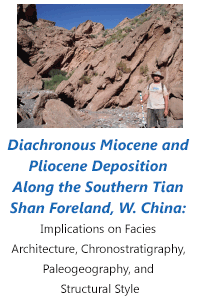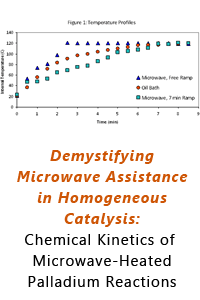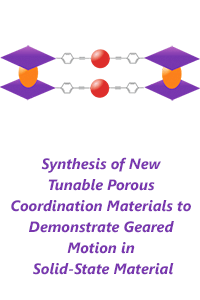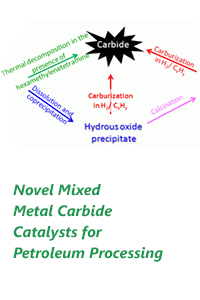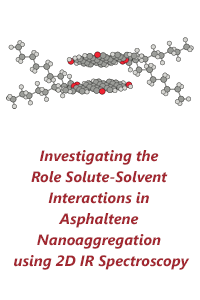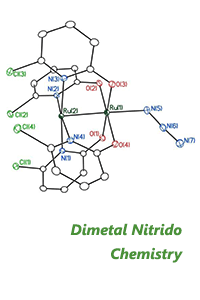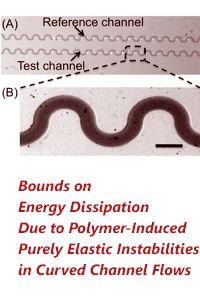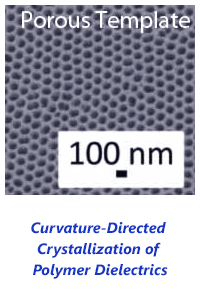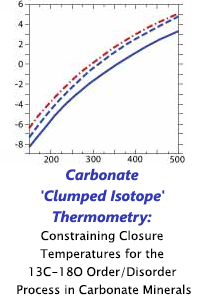57th Annual Report on Research 2012 Under Sponsorship of the ACS Petroleum Research Fund
Dr. Kevin M. Shea
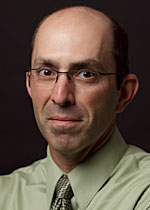 Department of Chemistry
Department of Chemistry
Smith College
Expanding the Scope of the Diels-Alder Reaction: Development of Cationic Dienophiles Stabilized by Cobalt-Complexed Alkynes
Dr. Kevin Shea is a synthetic organic chemist, whose research interests are in the science of how molecules are put together. His ACS PRF Undergraduate Research (UR) grant supports organic synthesis related to the Diels-Alder Reaction, which creates six-membered ring molecules from two smaller petroleum-derived entities. In more specific chemical terms, he is studying chemical reactions between Lewis acids and triple-bonded dienophile hydrocarbons to form six-membered carbon rings, and the role of cobalt in facilitating such reactions. Although his main interest is fundamental chemistry, Shea indicates that making rings in organic chemistry is important, because many natural and synthetic compounds have rings of bonded carbon atoms. Thus, he states, "coming up with a new way to make a ring is very valuable."
This isn't the first ACS PRF grant for Shea, who is a Professor of Chemistry at Smith College, a private, independent women's liberal arts college in Northampton, Massachusetts. He had previously received a Type GB "starter" or new investigator grant. As Smith has no graduate students or research assistants, Shea's grant supports undergraduates who work in his Chemistry laboratory doing research. Shea asserts that "this grant has been huge for me, so I have the freedom to do the sort of science I want to do, and the ability to support students to do this research. ACS PRF has enabled me to do more of my research with my students one on one - more than I would have otherwise." He also notes that "the support and prestige provided by ACS PRF grants clearly helped" in his March 2013 promotion to the rank of full Professor.
Shea, who received a Ph.D. in Organic Chemistry from the Massachusetts Institute of Technology, not only is interested in fundamental research on organic molecules and trying to discover new reactions and new molecules, but also has great enthusiasm for working with students and inspiring that interest in his students. Shea tells his students that "the most exciting day I had as an undergrad is the day I made a molecule that nobody had made" and he hopes to provide his students the opportunity to do "something nobody else has done using some organic molecules."
The PRF Trust requires that ACS PRF support only "advanced scientific education and fundamental research in the petroleum field." Shea's research is an excellent example of the fulfillment of this mandate, as not only is the research fundamental, but also all of the students directly funded from his latest grant are continuing in science: One is in graduate school, another graduate is working at a small start-up chemical company, a senior is looking for employment in laboratory science when she graduates, and the fourth student received a Howard Hughes Medical Institute Summer Fellowship in a national competition. According to Shea, "a key legacy of ACS PRF funding is that these four students are going to continue on in science and make really strong contributions to the field."
Grant 60115-UR1: Read Shea's Annual Report


